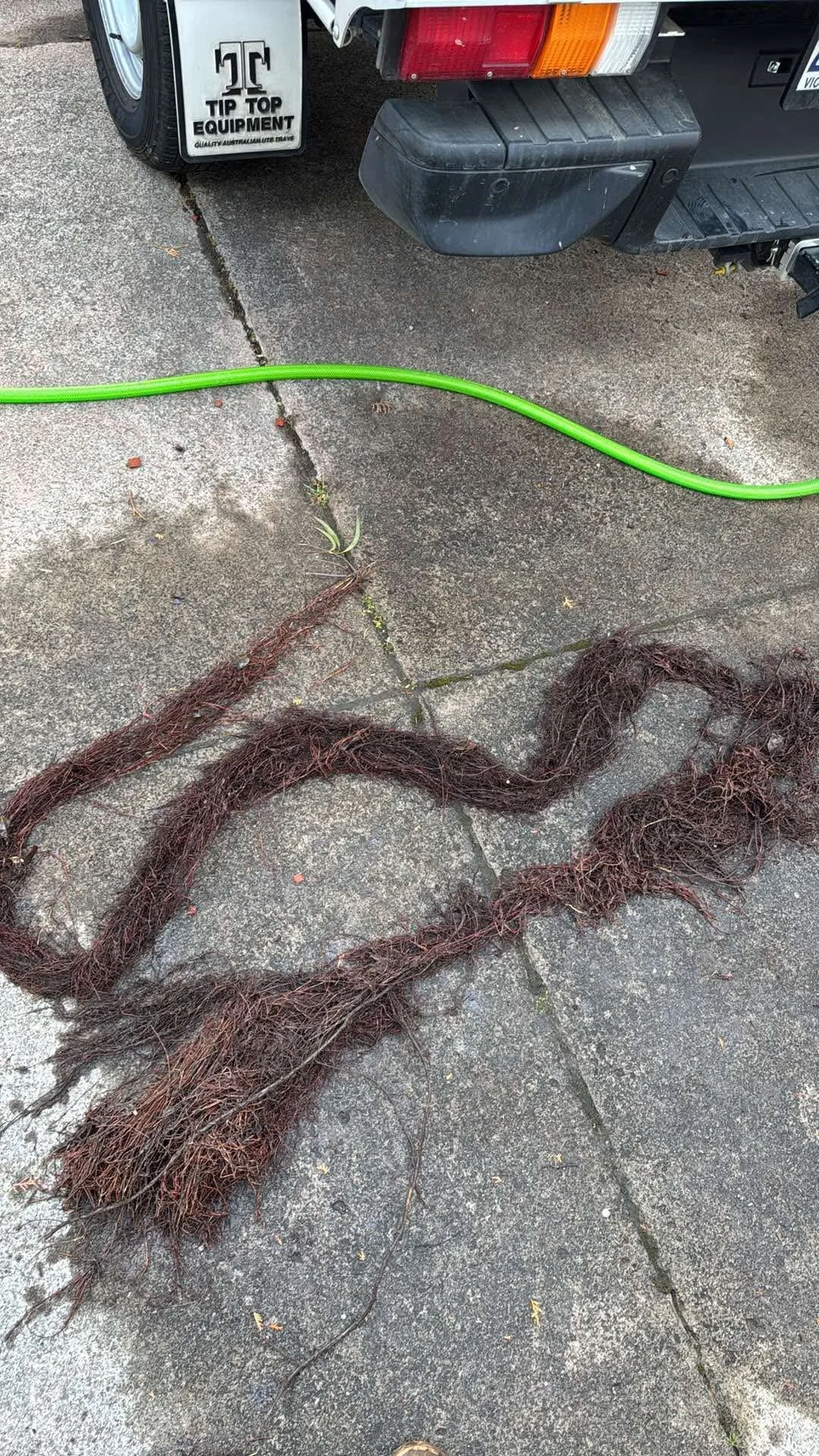Exploring the Lifespan of Your Home's Plumbing: The Effect of Climate
In the world of homeownership, it's essential to have some basic knowledge of plumbing. Understanding when it's okay to roll up your sleeves and solve the issue yourself, and when it's time to call in a professional distinctly determines how much time, effort, and money you'll save. Let's explore some common plumbing problems and discuss the right course of action for each.
Plumbing problems are often a homeowner's nightmare, bringing about unexpected expenses and potential damages. Unbeknownst to many, an unsung influencer of our home's plumbing health is actually the changing weather and climate condition. Just as our bodies react differently to various weather scenarios, so, too, do our household pipes and fittings. Let's delve into some weather-related plumbing issues and their solutions.
Freezing Temperatures
For those living in regions experiencing frigid temperatures, your pipes - especially those outside - are at risk of freezing. When water inside the pipe freezes, it expands, potentially causing the pipe to burst and result in significant water damage. Fortunately, this calamity can be prevented with proper winterizing techniques.
Ensure pipes are well-insulated, notably those in unheated areas like garages or basements.
Keep your home warm, even when unoccupied or during nighttime to avoid sudden freezes.
Allow your taps to drip slightly. The flowing water prevents freezing within the pipes.
Hot and Dry Climates
In contrast to freezing scenarios, hot, dry climates pose another set of challenges. These weather conditions can lead to the hardening of seals and gaskets, causing leaky fixtures.
Ensure regular maintenance of your plumbing system. Regular checks can identify weak seals in need of replacement.
Consider installing a water conditioning system. It can help prevent scale buildup due to hard water and thus increase the longevity of your plumbing fixtures.
Keep parts lubricated and moistened, especially those typically exposed to sunlight.
Weather and climate undoubtedly play a significant role in the lifespan of your home's plumbing. Being aware of these influences and enacting preventive measures can save you from costly repairs in the future. It's worth a little effort to avoid those unwanted surprises.
Extreme cold is one of the most common weather conditions that can lead to plumbing disasters. Water has a peculiar property – it expands when it freezes. When water sitting in your pipes freezes, it can exert pressure on your pipes, leading to leaks or even total pipe bursts. This kind of damage can be quite costly to repair.
One simple way to mitigate this cold weather issue is by properly insulating your pipes, especially those in unheated areas like basements or garages. You can use insulation sleeves or wrapping to protect them. Leaving cabinet doors open to allow warm air to circulate can also be a big help, especially during those chillier months.
In contrast, excessive heat can create problems in your plumbing by exacerbating the wear and tear of rubber parts in fixtures and appliances. Continuous exposure to high temperatures can lead to premature deterioration and compromise their efficacy.
To protect your plumbing from heat, make sure that appliances that use water are well-ventilated. You can also install and maintain air conditioning systems in places where heat may accumulate like the kitchen or laundry room.
Beyond temperature, weather conditions like heavy rain, floods, or hurricanes can stress your plumbing system. Excessive water can lead to leaking or burst pipes, backed-up sewer systems, and overflowing drains. It's essential to check your plumbing system for any signs of stress after a major weather event and call a professional if necessary.
To conclude, your home's plumbing is significantly affected by various weather and climate conditions. Implementing appropriate preventative measures and regular check-ups can help ensure it remains in good shape for a long time. Remember, a little foresight now can spare you a lot of trouble down the line.
Need to talk to an expert?
Our Bayside team of qualified, expert plumbers are here to help.
Call us on 03 9501 3777 or request a call back here.








